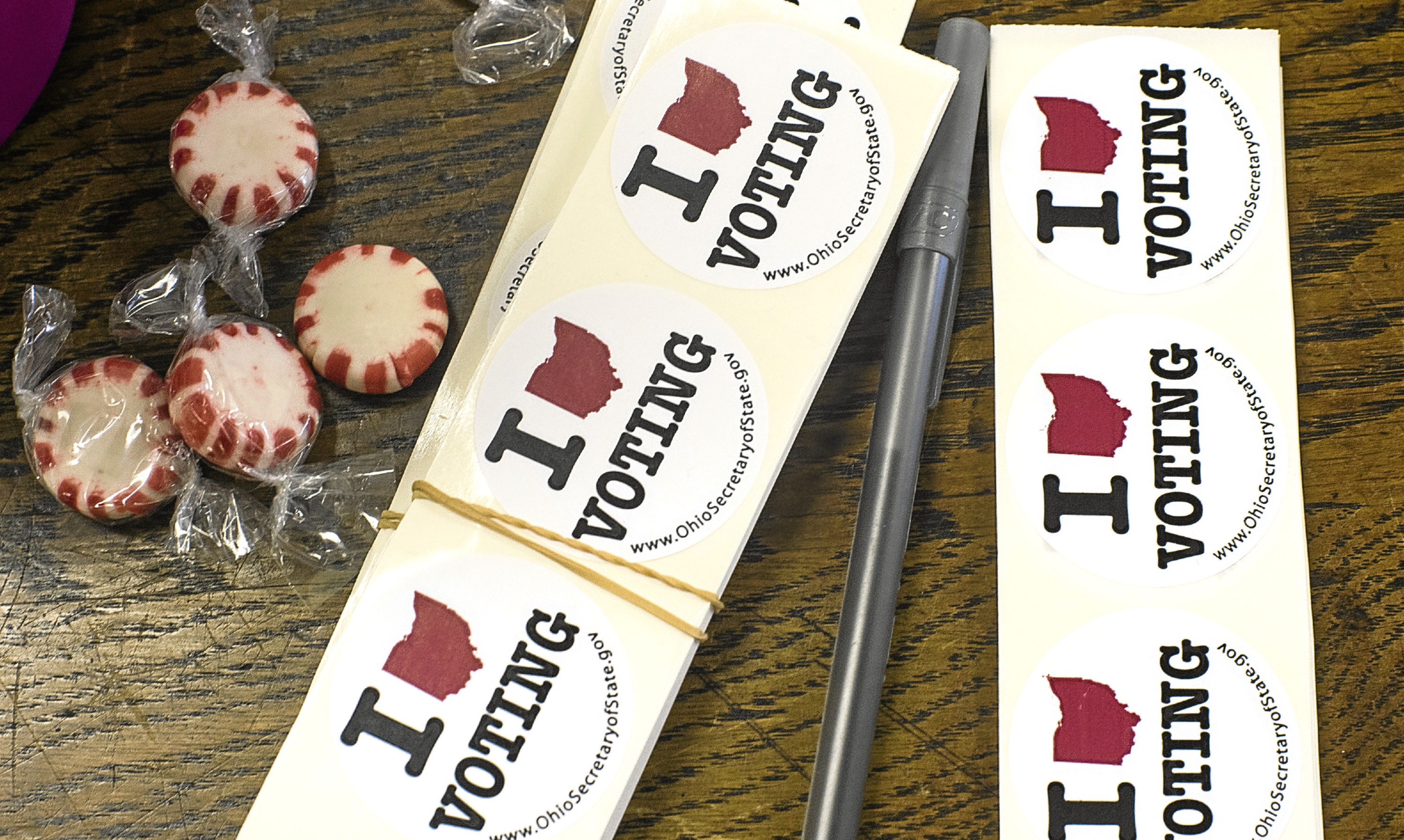Democracy eh? More of a gamble than anybody gave it credit for.
The old joke used to be that if voting changed anything, they’d ban it.
Turns out it can change a lot.
Whether it’s the Brexit vote or Trump becoming president-elect in the USA, we are witnessing the post-war era of 1945-2008 being unravelled – and it’s all coming from the ballot not the bomb.
This has led to a tsunami of whining that it’s not fair but one thing clear from Brexit and Trump is that voting systems operated without corruption in both the UK and USA.
However, democracy meaning what we are used to over the last 40 years and the progress we have made – that is working in unpredictable ways.
When the Greeks came up with the idea of voting, they naturally imagined only smart people would be allowed. Historically, restricted electorates are the norm. Voter rolls were limited to landowners, or rich people, or the university educated, or just men.
Everyone voting (over the age of 18) has only been in operation in the UK since 1930 – we’ve had 86 years of running it this way. Given the jolts to what felt like a settled order of things, it’s a good time to think about how we are organised as a society and whether democracy serves us well.
Scotland is developing a “holier than thou” attitude that somehow it would never disturb the liberal consensus and never elect a maverick. Maybe we have not yet had the chance.
Were we to hold referenda on ending immigration, limiting abortion and bringing in the death penalty, I wouldn’t bet on the outcome.
We slap our backs for building windmills, introducing gay marriage and rejecting the Tory crackdown on welfare but on all three, there are many who would like it otherwise.
This seems particularly relevant as yet again there is a debate on the future of local democracy.
Everyone hates the council, perhaps because it issues tax demands by letter or the human ability to obsess about dog mess on the pavement.
It is therefore a smart strategy by the Scottish Government to position itself as the good guy stuck in the middle of jokers in Westminster and town halls.
What makes for good tactics in the popularity game does not make for intelligent thinking about how we are represented, who delivers services and how rights are protected.
We begin the millionth review into local democracy with no sense of what we might actually want in terms of citizens and the state but just an OCD-like habit of wanting to reorganise the public sector.
The evidence suggests lots of people don’t want or need to be asked their views – in the US presidential election, only 56% of people voted and in Brexit only 67% of Scots bothered to vote, against the UK total of 73%.
The 2007 Holyrood election only just squeaked past a 50% turnout – the 2011 SNP landslide came in an election when only 55% of eligible Scots voted.
In part this may be because of the “all politicians are the same” attitude but it might also stem from people thinking life is OK. Perhaps lots of people are content that the NHS works, education happens and houses tend not to fall down. The non-voters may be making a rational assessment that they have roughly what they want and voting will not substantially change that.
Which leads to the thought that modern society might be OK and all these great “issues” which politicians produce are just diversions, ways of justifying the need for politicians.
Perhaps we are in greater need of good managers to keep things ticking over rather than politicians obsessing about “doing something”?
Might our roads and rail, NHS and education system all be as good, if not better, if simply run by management groups while being checked by independent assessors – much like the model which runs Scottish Water as part of the public sector but without political interference.
In plain language, politicians shouldn’t run stuff but hold to account the people who do.
In which case, what we need from local government might just be agencies which deliver roads, education and social services (or whatever) and a separate body which scrutinises the outcome. Then our locally elected representatives are there to fight for the rights of citizens while a national assembly holds the structure to account.
Brexit and Trump are evidence that democracy isn’t working for many. We should at least be brave enough to ask – what’s the point of voting?
